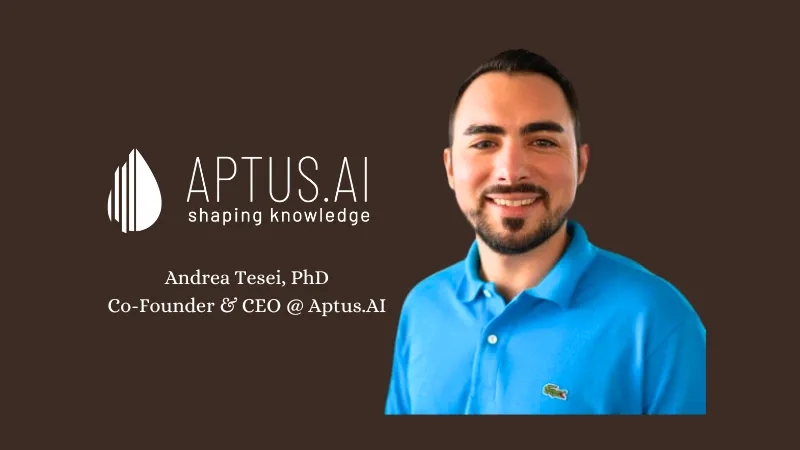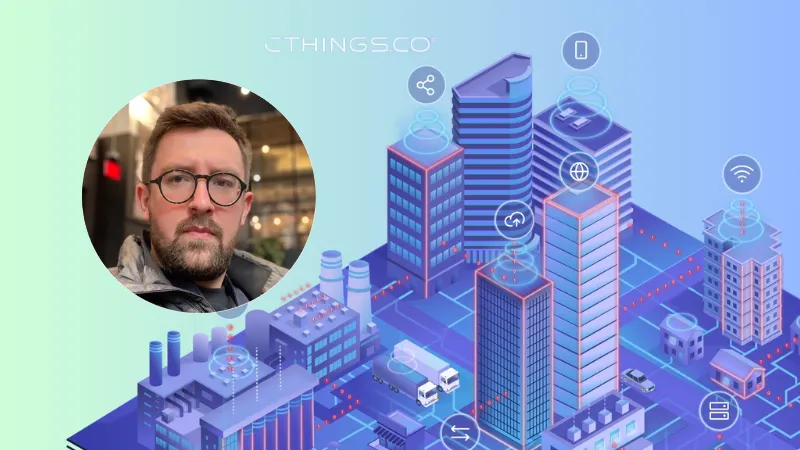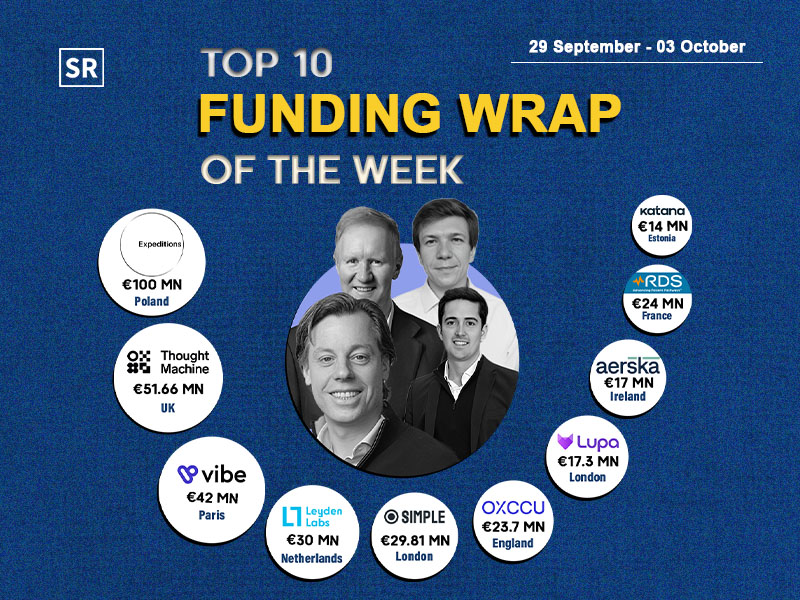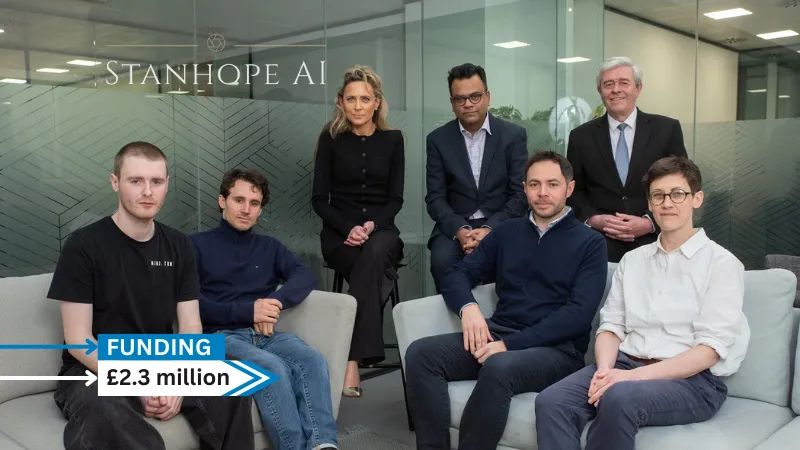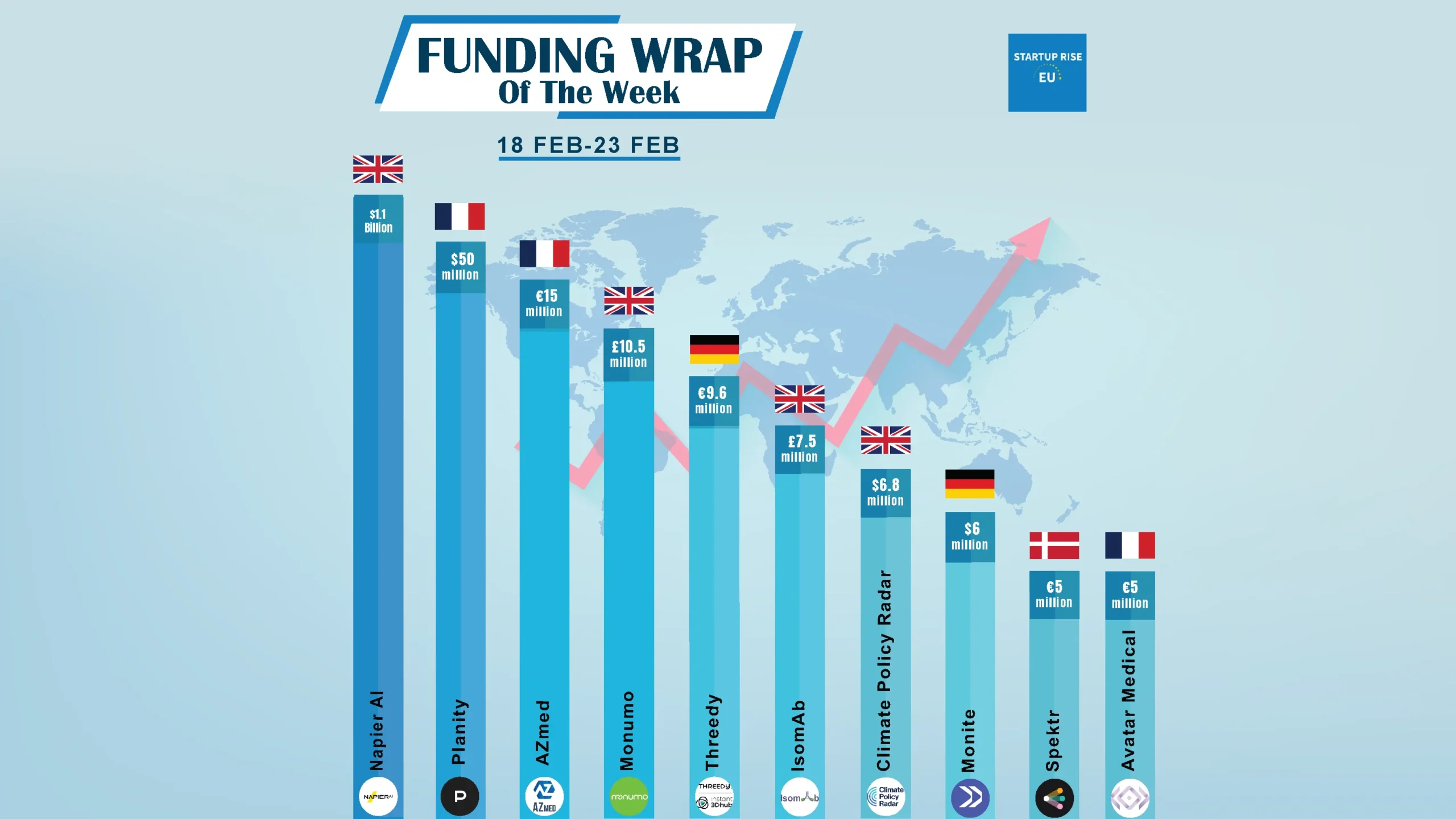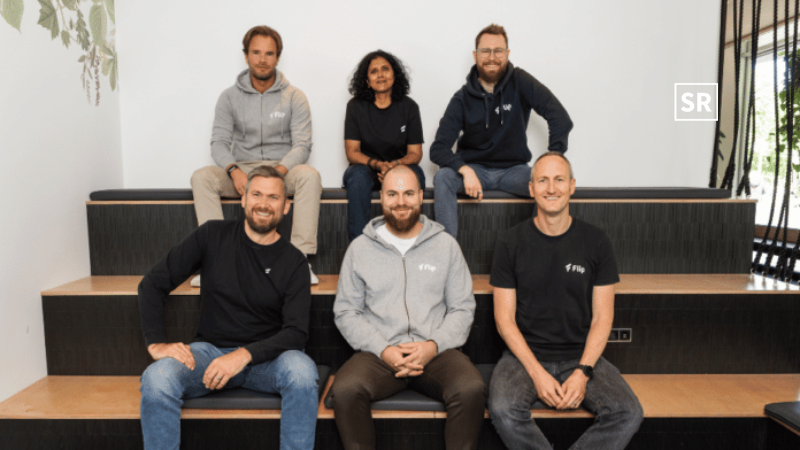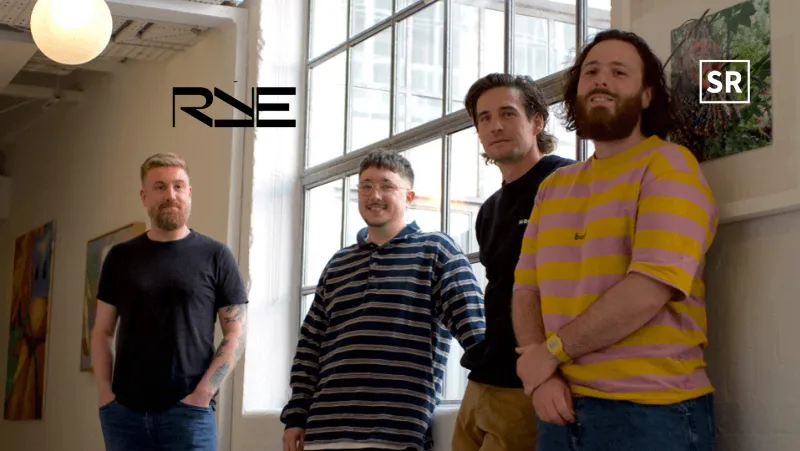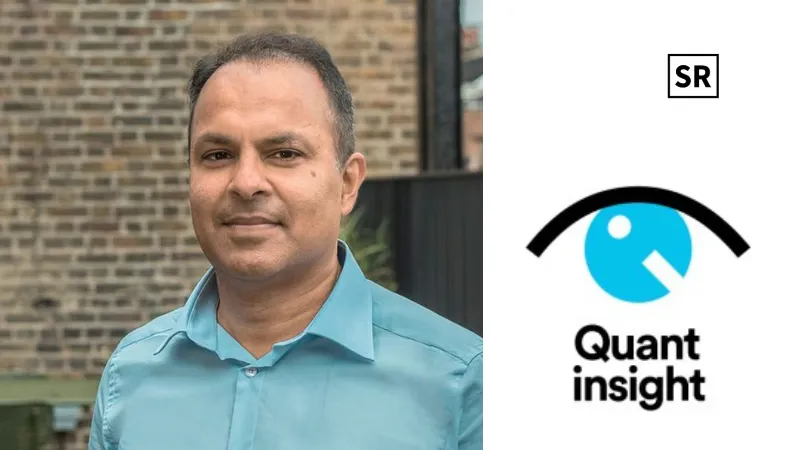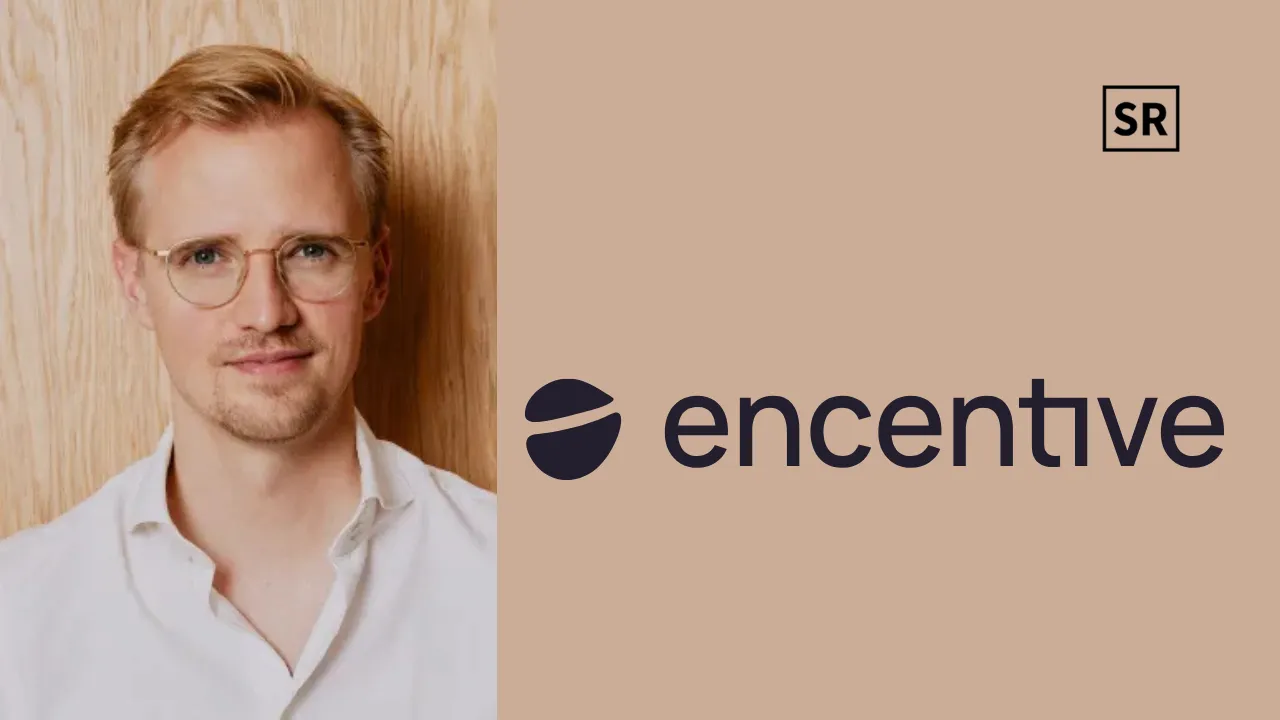Gendo funding news – London-based Gendo Secures $1.1Million in Funding
Jul 3, 2024 | By Team SR
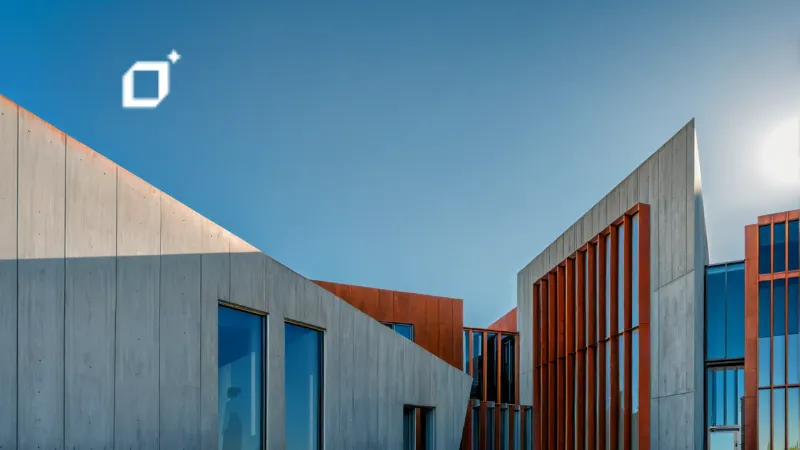
Gendo, a generative AI platform designed for architects, has come out of stealth and raised $1.1 million in investment. via a proprietary platform, Gendo creates visualisations from architectural drawings and allows users to add and amend aspects on the fly via text prompts.
SUMMARY
- Gendo, a generative AI platform designed for architects, has come out of stealth and raised $1.1 million in investment.
- Gendo is a web-based tool that helps designers with their work by utilising a unique blend of machine learning and generative artificial intelligence models.
These visualisations are an essential part of the architectural process, frequently employed to help projects advance from the concept to construction phases and secure competitive bids. Currently, it can take weeks and cost a lot of money for architects to generate stunning visualisations and the intricacies that go into them.
George Proud, an architect and visualiser, and Will Jones, a software engineer, invented the technology. Gendo can create complex, lifelike visualisations using 2D drawings, sketches, or text inputs.
Users can select from a variety of choices generated by each prompt on Gendo, and unlike popular generative picture sites, the visualisations created can be altered. Partitions can be hidden and adjusted, and certain elements like colours, lighting, and structural elements can be added or removed.
To ensure that every visualisation is precisely perfect, a variety of features designed with architects and designers in mind can also be utilised. With a single click, for instance, builders and designers will soon be able to include elements like furniture from a particular era, individuals dressed appropriately for their culture, and even topographically accurate trees.
Read also - GlassPoint Funding News – GlassPoint Secures $2.5M Investment from MIG Capital
The pre-seed funding will be utilised to grow the London-based team of Gendo, expedite the release of new products for architects and designers, and enhance the capabilities of the company's exclusive AI tools. The platform is now available in early access following a successful beta launch that included a number of well-known figures from the architectural sector.
George Proud, CEO & co-founder at Gendo, commented: “Mainstream generative image platforms can be really impressive, but they simply aren’t fit for purpose when it comes to a sector like architecture and design. In our industry, detail and precision is everything. Gendo has been designed specifically for these professionals; we’ve built an AI platform that speeds up design work and allows creativity to flourish. We’re eliminating the burdensome processes currently involved in visualisations and instead making it an efficient, instinctive and empowering experience. Gone is the era of waiting days to receive one small image of a tree to add to your design. We’re thrilled with how well the platform has been received amongst leading architecture firms during our beta and we’re looking forward to partnering with industry further to enhance the value of Gendo’s tools.”
Oliver Kicks, Partner at Concept Ventures, added: "Concept Ventures are delighted to have led Gendo's pre-seed round last year. We strongly believe that the products built by (and for) domain experts in a post-AI era can truly transform workplace productivity and deliver order-of-magnitude improvements to their daily workflows. We can't wait to see what this great team builds next."
Franquibel Lima, Former Global Head of Design Studios at WeWork, shared: “Gendo is powering intelligent design iteration with unparalleled focus on intuitive user interface. The controllability and quality of output straight from 2D images is outstanding.”
About Gendo
Gendo is a web-based tool that helps designers with their work by utilising a unique blend of machine learning and generative artificial intelligence models. Their initial goal is to produce images of client designs 100 times faster than current solutions while eradicating any remaining technical obstacles.


 Follow us
Follow us Follow us
Follow us


